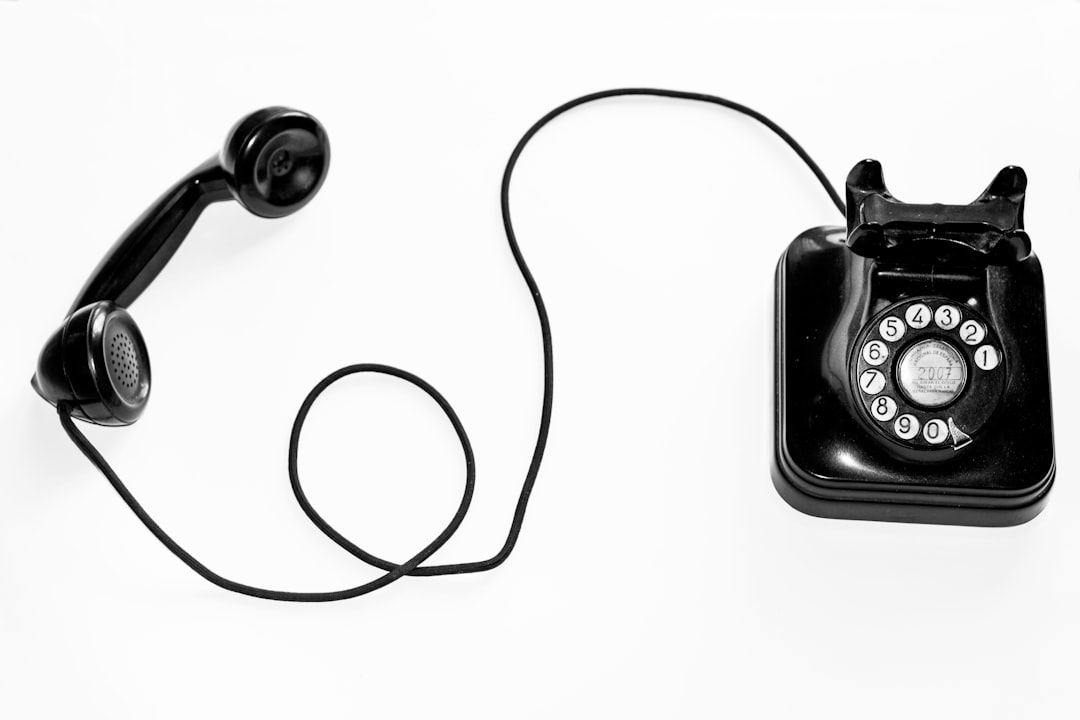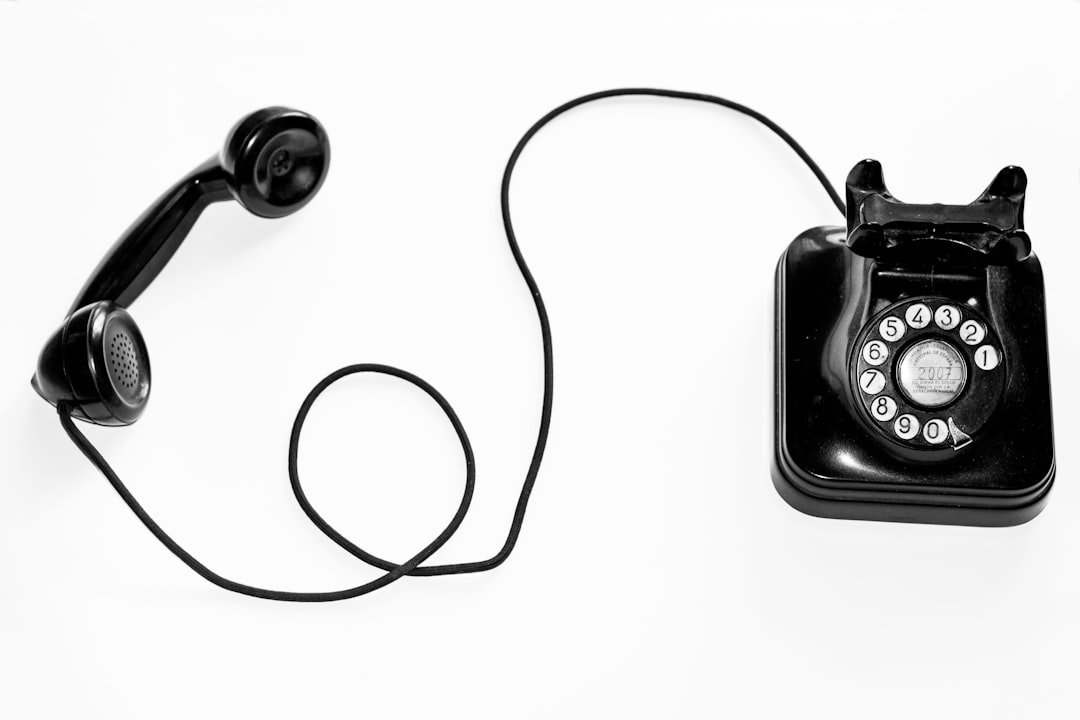Robocalls are a growing problem in Massachusetts, but state laws like the Telephone Consumer Protection Act (TCPA) offer protections. Residents can take legal action against violators, including suing for spam calls, with help from specialized spam call law firms or lawyers for TCPA Massachusetts. Understanding your rights and consulting with experts is crucial when dealing with unwanted automated calls, ensuring a safer telecommunications environment in the state.
In the digital age, robocalls have become a ubiquitous yet unwanted nuisance, especially within the bustling transportation industry of Massachusetts. These automated phone calls, often disguised as advertisements or notifications, can disrupt daily operations and leave businesses reeling. This article delves into the impact of robocalls on Massachusetts’ transport sector, exploring legal frameworks like the state’s spam call laws and offering guidance for affected companies, including options for seeking recourse through a spam call law firm or lawyer specializing in TCPA cases in Massachusetts.
Understanding Robocalls and Their Prevalence in Massachusetts

Robocalls have become an increasingly prevalent and frustrating issue in Massachusetts, much like across the nation. These automated phone calls, often used for marketing purposes or to deliver recorded messages, are a form of unwanted communication that has led many residents to wonder, can I sue for robocalls Massachusetts? In recent years, state laws and federal regulations have been implemented to combat this growing problem. The Telephone Consumer Protection Act (TCPA) is a key piece of legislation designed to protect consumers from excessive or intrusive phone calls, allowing them to take legal action against violators, including seeking compensatory damages through a spam call law firm Massachusetts or spam call lawyers Massachusetts.
The TCPA restricts the use of automatic dialing systems and prerecorded messages for telemarketing purposes, unless certain conditions are met. Despite these laws, many Massachusetts residents still receive unwanted robocalls daily, prompting questions about can I sue for robocalls Massachusetts. With the rise in digital communication, it’s essential to be aware of your rights as a consumer and understand that there are legal avenues to pursue if you’ve been affected by spam calls. This is where a qualified lawyer for TCPA Massachusetts can help guide you through the process and fight against unwanted robocalls plaguing the state’s transportation industry and its citizens.
The Legal Framework: Spam Call Laws in Massachusetts

In Massachusetts, the fight against robocalls has been strengthened by stringent spam call laws. The state’s legislation is designed to protect residents from unwanted and fraudulent calls, offering a robust framework for those seeking legal recourse. If you’ve received pesky robocalls, knowing your rights under these laws is essential.
If a business or individual violates the Spam Call Laws in Massachusetts, victims may have grounds to sue. A lawyer specializing in Telephone Consumer Protection Act (TCPA) cases, often referred to as spam call lawyers or spam call law firms, can guide you through this process. These legal experts can help determine if a call was unauthorized and if it warrants compensation, empowering you to take action against the perpetrators and potentially recover damages for your trouble.
When Is It Legal? Exploring Exceptions and Protections

In Massachusetts, as in many states across the US, robocalls are generally regulated by the Telephone Consumer Protection Act (TCPA). This federal law prohibits automated or prerecorded calls from being placed to telephone numbers assigned to wireless telecommunications services without prior express consent of the recipient. However, there are exceptions and protections that can impact whether you can sue for robocalls in Massachusetts.
Some calls are allowed under certain circumstances, such as messages from debt collectors, political organizations, or messages related to emergency purposes. Additionally, businesses may obtain pre-recorded call data system (PRCDS) certifications, which allow them to make automated calls without individual consent if they adhere to specific guidelines. If a company fails to follow these rules and makes unsolicited robocalls, individuals have the right to take legal action against them. For those considering a lawsuit due to spam calls in Massachusetts, consulting with a reputable spam call law firm or lawyer specializing in TCPA cases is advisable to understand their rights and potential remedies.
Taking Action: Your Options If You've Been Affected by Unwanted Robocalls

If you’ve been on the receiving end of unwanted robocalls in Massachusetts, you’re not alone. Robocalls have become a pervasive issue across the state, affecting individuals and businesses alike. Fortunately, there are options available if you’ve been harmed by these automated calls.
In Massachusetts, the Telephone Consumer Protection Act (TCPA) provides robust protections against spam calls. If a robocall violates these rules, you may be able to take legal action. Consulting with a reputable spam call law firm or spam call lawyer in Massachusetts who specializes in TCPA litigation is a crucial step. They can help determine if the robocalls you received were illegal and guide you through potential avenues for compensation, including suing the culprits responsible. Remember, taking action not only protects your rights but also deters future spam calls, making Massachusetts’ transportation industry safer and more secure for everyone.






